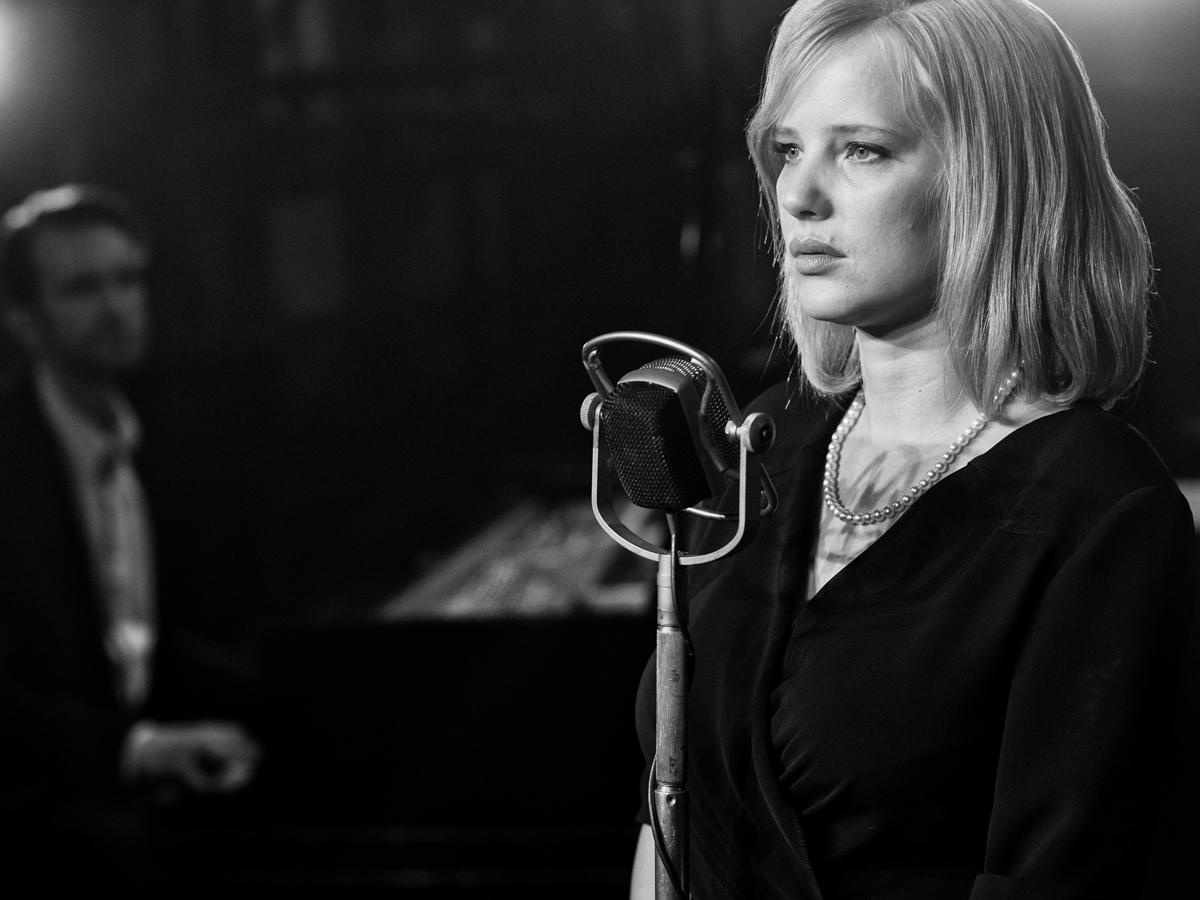Film Review: Cold War
Oscar-Nominated Romance Unfolds Behind, In Front Of, The Iron Curtain


Latest Article|September 3, 2020|Free
::Making Grown Men Cry Since 1992

